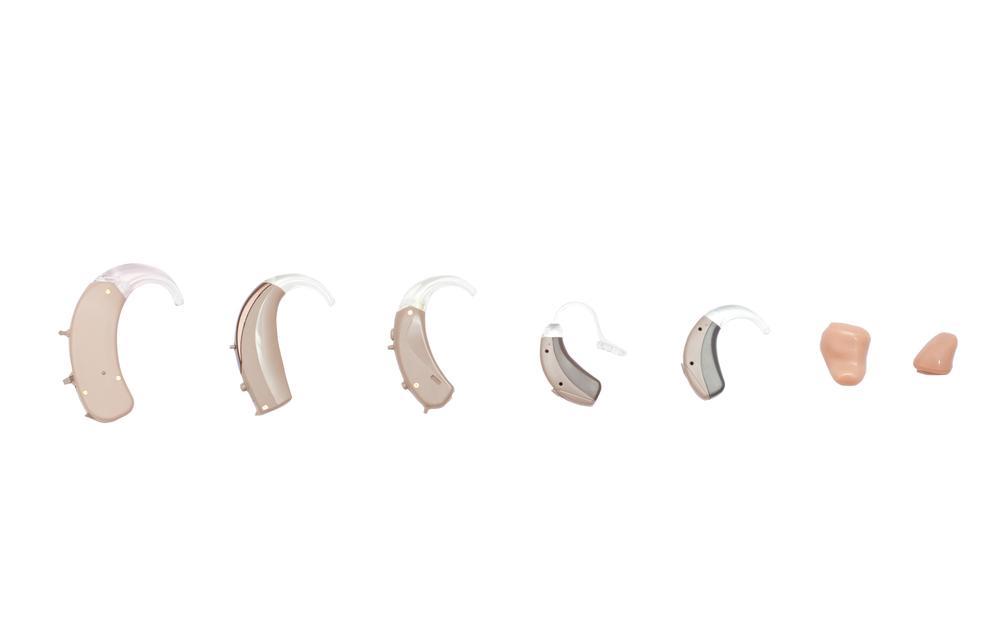A Guide to Different Types of Hearing Aids: Choosing the Right Fit
Explore the different types of hearing aids tailored to varying needs, including analog versus digital options, performance factors, and control features. Learn how to select the best device based on technology, battery life, hearing loss severity, and personal preferences for improved auditory experience.

A Guide to Different Types of Hearing Aids: Choosing the Right Fit
Selecting the ideal hearing aid can be challenging due to the variety of brands and models on the market. Since these devices tend to be expensive, it's crucial to choose one that aligns with your specific hearing needs.
Here are key factors to compare when selecting among popular hearing aid brands.
Technology Features: The classic debate between analog and digital hearing aids persists. While analog devices mainly amplify sound, digital models offer superior audio quality and a more natural listening experience. Digital hearing aids generally cost more but provide enhanced features for a better hearing experience.
Performance and Battery Life: Hearing aids operate on batteries that typically last from a few days to a couple of weeks. Smaller models are discreet and comfortable, but larger devices usually offer longer-lasting batteries. Choose based on your lifestyle; both options deliver high-quality sound.
Advantages: While analog aids amplify sound effectively, digital devices come with features like background noise reduction, feedback management, and adaptive environment settings, making them a popular choice.
Control and Customization: Digital hearing aids feature advanced controls, including precise volume adjustments, telecoil compatibility, and environment-specific settings. Investing more generally provides better control and additional features.
Hearing Loss Severity: Devices are tailored to different levels of hearing impairment—from mild to severe. Selecting a suitable model depends on the extent of your hearing loss and individual needs.
Important Notice:
The information shared on our blog covers various topics to inform and assist readers. While our research aims to provide accurate insights, we recommend consulting healthcare professionals for personalized advice. The website cannot be responsible for data discrepancies or offers found elsewhere, and some schemes or promotions may not be included.









